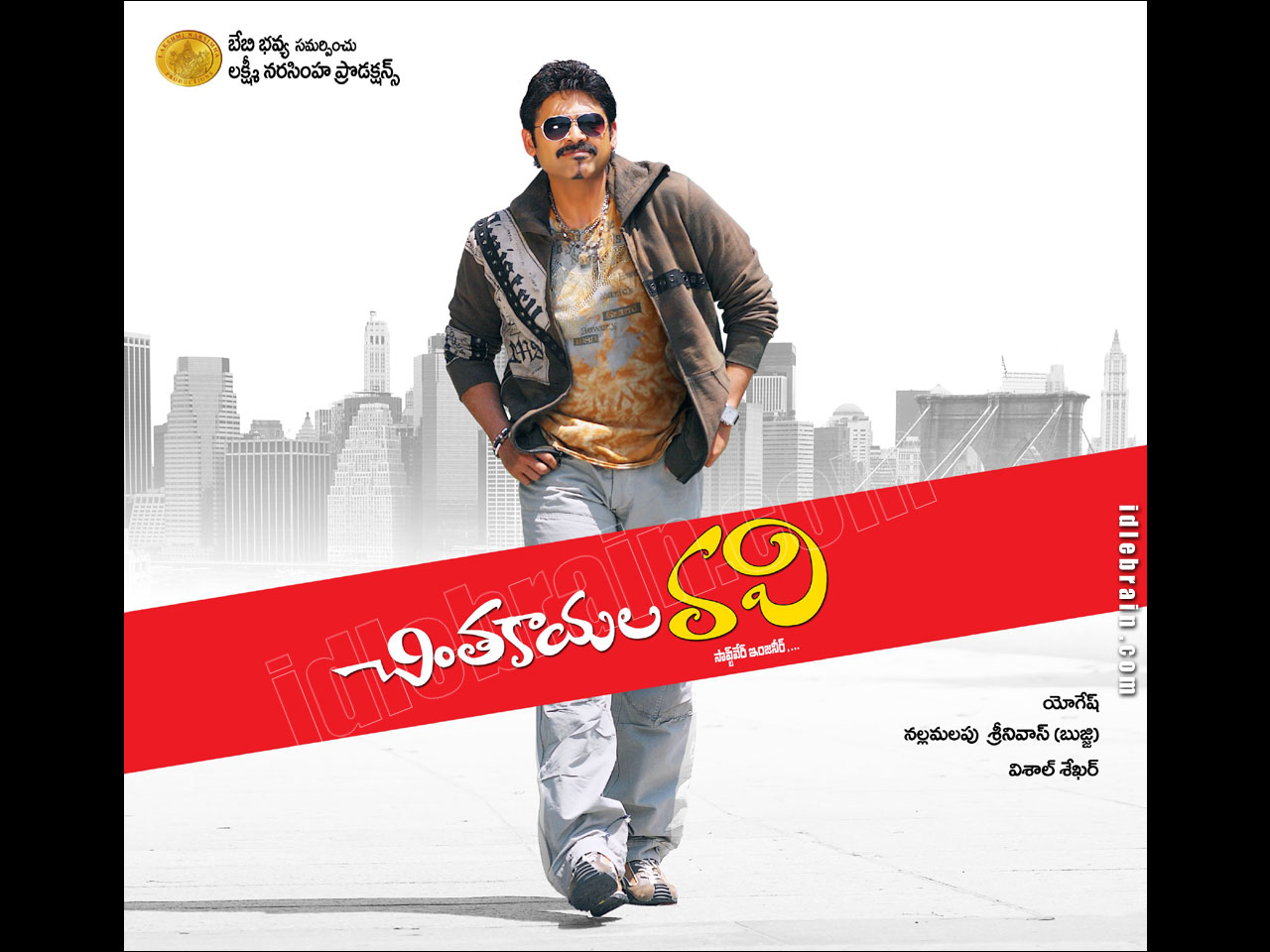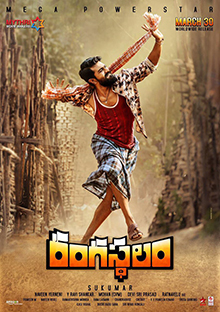Good things happen to those who are good. Chintakayala Ravi is the perfect example of this. Starring Venky Mama, Chintakayala Ravi, a modest man from a modest middle-class family, is a man who seems to have nothing in his life. After coming to America as a student with the money to pay for his tuition, Chintakayala seems to have lost it somehow, which is what he tells his friends. However, Chintakayala doesn’t tell this fact to his family back in India. Does it work though?

For the while, yes. Chintakayala Ravi convinces his family back at home that he graduated and works for a software company for about 5 years. In reality, he works as a bartender at a bar that seems to have the same name as another software company nearby, which helps convince his parents even more. Chintakayala Ravi therefore leads a difficult life, as he still is trying to redeem his software job or even education to make up for all the time lost. Managing his job and family responsibilities become too difficult for Chintakayala, especially as his younger sister is getting married soon and has to use his money to fund it for the family. He still leads a humble life while being good and helping everyone, which leads to people taking advantage of him. This in turn causes Chintakayala to lose even more money. Eventually, with the little money he has left, he buys the plane ticket back to India to hopefully find a solution there while his sister’s marriage is going on.
Pressures increase however when all his relatives begin asking Chintakayala for help and ask him about the US, as he is the first one in the family, and one of the only ones from the village, to move to America. He somehow manages to keep the secret for time, mainly due to the fact that there’s another software company there. However, the truth finally gets revealed when one of his friends accidentally mentions Chintakayala’s bar. The whole family gets confused and almost upset with Chintakayala, as they assume Chintakayala lost the money, to which Chintakayala doesn’t argue.
However, suddenly when the marriage is about to get canceled, a millionaire comes to the wedding and tells the family what really happened. When Chintakayala came to America, he saw a man suddenly collapse on the floor while walking out of the airport. After moving him to the hospital and personally staying with him, the doctor requests immediate surgery. After surgery, the man is still unconscious and will be for a while, but someone has to pay the bill. Because no one knew the man, Chintakayala offered to pay for hospital bills with his own tuition money. That man turned out to be a millionaire.
In the end, Chintakayala was offered free education and a guaranteed top management position in the software company that is owned by the millionaire.




